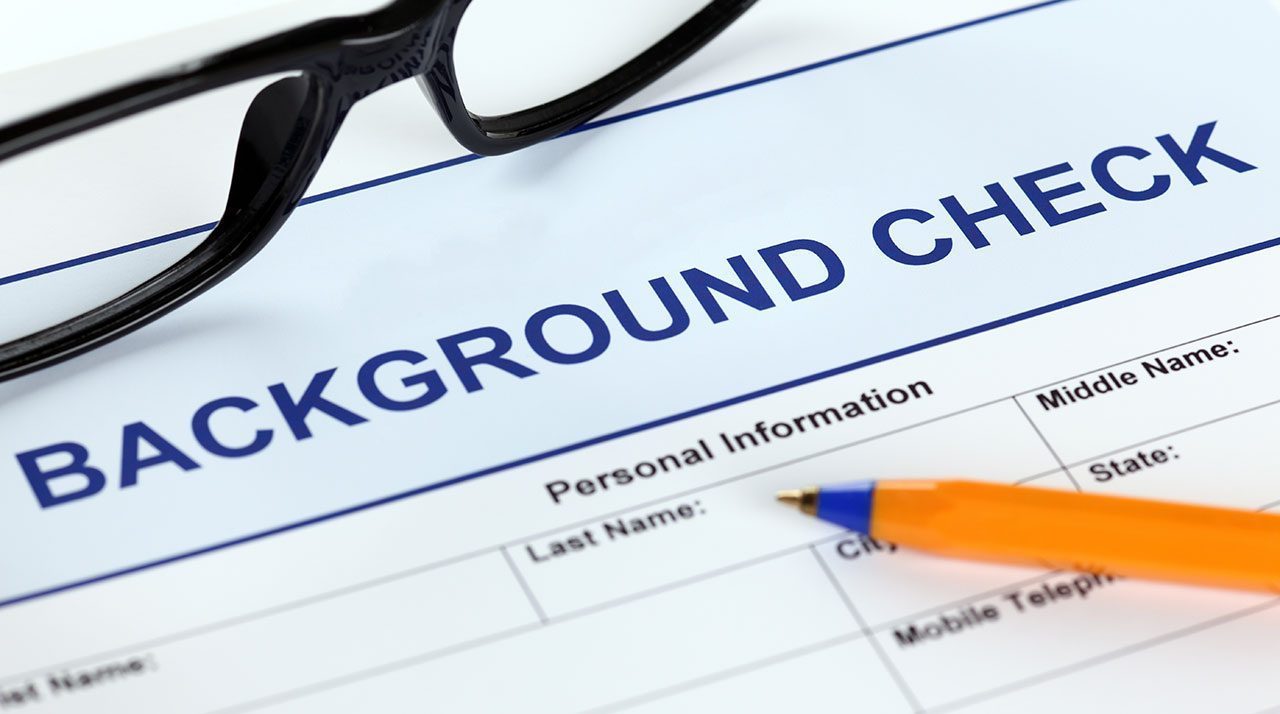Conducting background checks when conducting background checks in Nebraska it is important to understand and adhere the privacy regulations is essential to ensure compliance and safeguard the privacy of individuals' personal data. Nebraska's laws on background checks,along to federal laws, regulate how background check data is collected, used and stored. This guide provides an overview of the most important privacy considerations related to background checks in Nebraska.

1. Federal Privacy Regulations
Additionally, in addition to Nebraska states laws, background check results have to be in compliance with federal privacy rules that are mostly governed through the Fair Credit Reporting Act (FCRA). The FCRA defines standards for the accuracy as well as fairness and privacy on consumer reports, including background checks. In accordance with the FCRA people must be informed of the background check process and their consent must be obtained before conducting a check. Furthermore, individuals are entitled to challenge false information and obtain an account of their background check when a negative decision is determined based on the results.
2. Nebraska's Privacy Protections
Nebraska law complements federal privacy regulations by adding specific requirements for handling personal information during background checks. For instance, Nebraska law restricts the use of specific types of criminal history data for employment decisions, particularly when the crimes aren't relevant to the duties of the job. Landlords and employers must be aware not to use criminal history as a broader criterion instead, but rather evaluate its significance to the job or rental situation.
3. Confidentiality of Information
Protecting personal information is a key aspect of privacy laws. Background check information must be protected and accessible only by authorized people. Nebraska law stipulates that all personal information that is collected during background checks must be secured against theft, access by unauthorized persons, or misuse. Implementing effective data security measures including encrypted storage and safe data is crucial for compliance.
4. Data Security Measures
The privacy laws of Nebraska require strict security measures for data. Companies must ensure that background checks information is safely stored and that access is limited to individuals who need to access the data for legitimate reasons. This involves using secure data storage systems and transmission, conducting regular security audits, and training employees on data protection practices.
5. Disposal of Information
Disposing of background check records is a further aspect of privacy compliance. Nebraska law stipulates that personal information be destroyed in a secure manner when it is no longer needed for its intended purpose. This involves using methods that prevent unauthorized access to or reconstruction of information, for example, shredding documents in physical form and eliminating digital files.
6. Transparency and Disclosure
Transparency is an essential principle of privacy laws. Individuals undergoing background checks must be fully informed about what information is taken, the way it will be used and how long it will be retained. Clear communication and obtaining informed consent is essential to adhering to privacy regulations and fostering confidence in the people involved.

By knowing and complying with Nebraska's privacy laws related in background screening, companies are able to ensure that they handle sensitive information in compliance with legal obligations. Protecting individuals' privacy not only helps in avoiding legal issues, but it also increases trust and safeguards the integrity of the background check process.
For more details make sure you click on this link nebraska background check laws
